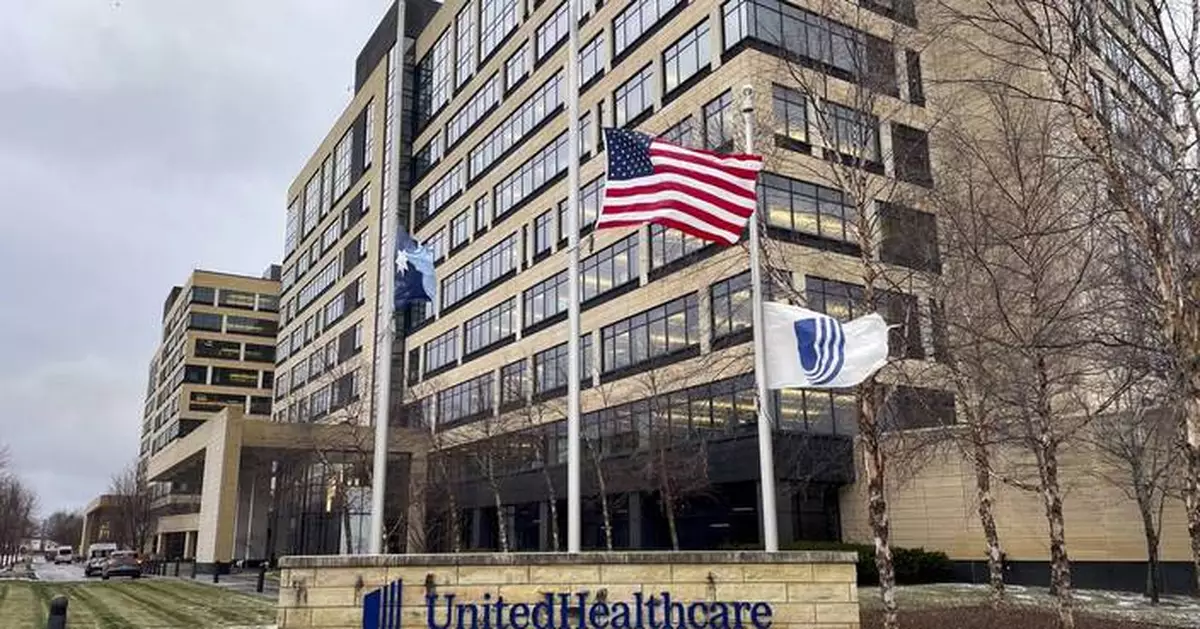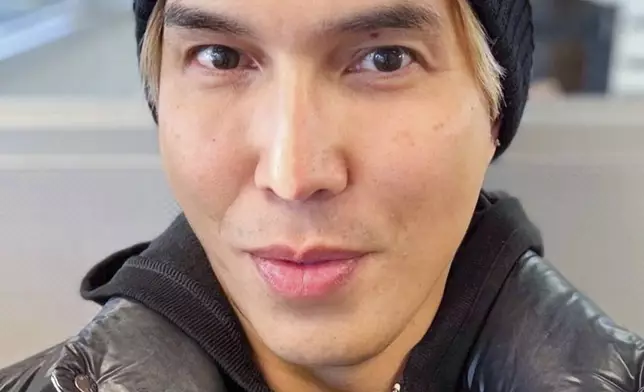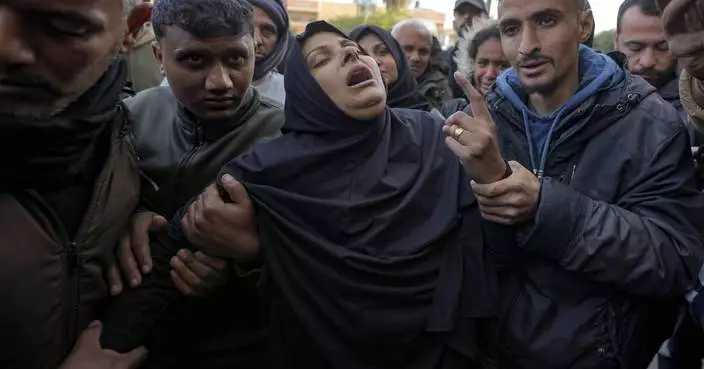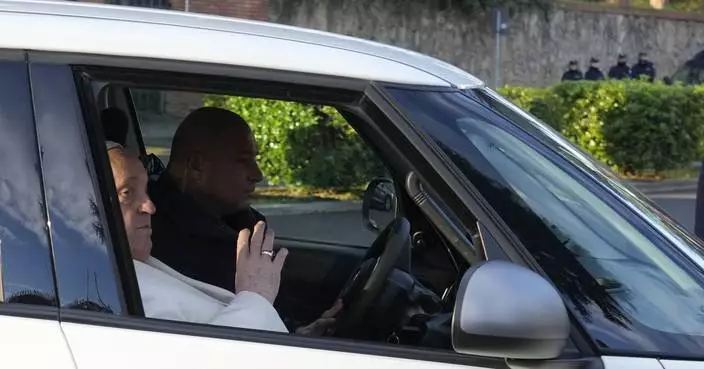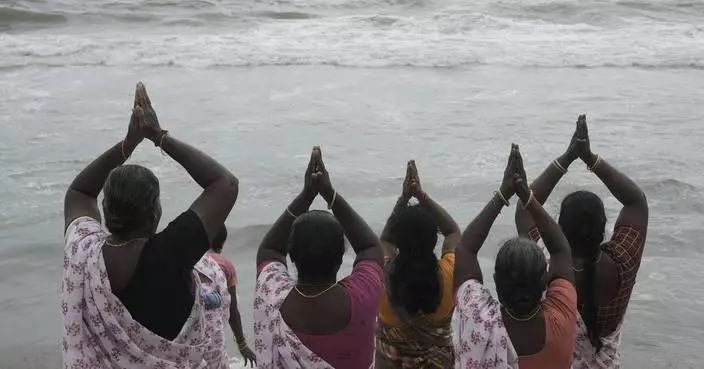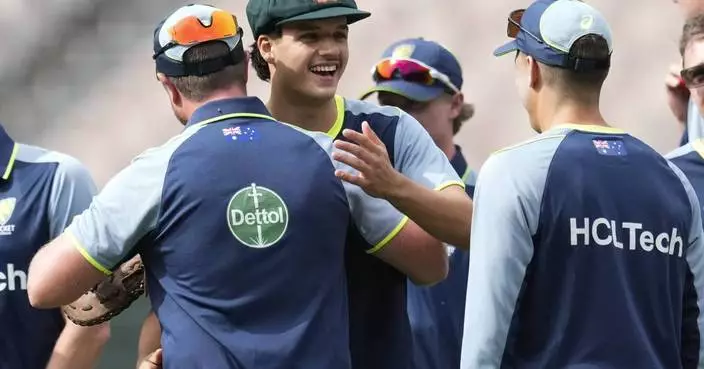For years, patients in the U.S. health care system have grown frustrated with a bureaucracy they don’t understand.
Doctors are included in an insurer’s network one year but not the next. Getting someone on the phone to help can be next to impossible. Coverage of care and prescriptions is often unceremoniously denied.
This week’s fatal shooting of UnitedHealthcare CEO Brian Thompson has unleashed a wave of public feeling — exasperation, anger, resentment, helplessness — from Americans sharing personal stories of interactions with insurance companies, often seen as faceless corporate giants.
In particular, the words written on ammunition found at the shooting scene — “delay,” “deny” and “depose,” echoing a phrase used to describe how insurers dodge claim payouts — amplified voices that have long been critical of the industry.
“All of a sudden, I am fired up again,” said Tim Anderson, describing how his wife, Mary, had to deal with UnitedHealthcare coverage denials before she died from Lou Gehrig’s disease, or amyotrophic lateral sclerosis, in 2022.
Anderson said they couldn’t get coverage for machines to help his wife breathe or talk — toward the end, she communicated by blinking when he showed her pictures. The family had to rely on donations from a local ALS group, he said.
“The business model for insurance is don’t pay,” said Anderson, 67, of Centerville, Ohio.
“When Mary could still talk, she said to me to keep fighting this,” he added. “It needs to be exposed.”
For Anderson and others, Thompson's death and the message left at the scene have created an opportunity to vent their frustrations. Conversations at dinner tables, office water coolers, social gatherings and on social media have pivoted to the topic, as police efforts to find the gunman keep the case in the news.
Hans Maristela said he understands why the chatter is bubbling up. The 54-year-old caregiver in California was moved to comment on Facebook about UnitedHealthcare's reputation of denying coverage. As a Catholic, he said, he grieves Thompson's death and feels for his family, especially with the holidays around the corner.
But he sees frustration with insurers even among his clients, most of them wealthy older people who've not been shielded from high out-of-pocket costs.
“And then you know the CEO of this company you pay a lot of money to gets $10 million dollars a year, you won’t have a lot of sympathy for the guy," Maristela said, citing Thompson's compensation package that included base pay and stock options. “Health care is a business, I understand, but the obsession with share price, with profit, has to be reevaluated.”
University of Pennsylvania researcher Michael Anne Kyle said she's not surprised by the growth of conversation around insurers.
“People are often struggling with this by themselves, and when you see someone else talk about it, that may prompt you to join the conversation,” she said.
Kyle studies how patients access care and said she's seen frustration with the system build for years. Costs are rising, and insurers are using more controls such as prior authorizations and doctor networks to manage them. Patients are often stuck in the middle of disputes between doctors and insurers.
“Patients are already spending a lot of money on health care, and then they’re still facing problems with the service,” she said.
Insurers often note that most of the money they bring in goes back out the door to pay claims, and that they try to corral soaring costs and the overuse of some care.
In Ohio, Anderson said his initial reaction to the CEO shooting was to question whether it was connected to a coverage denial, like the ones he'd experienced with his wife.
“I definitely do not condone killing people,” he said. “But I read it and said, 'I wonder if somebody had a spouse whose coverage was denied.’”
It's something Will Flanary, a Portland-based ophthalmologist and comedian with a large social media following, saw online a lot in the shooting's immediate aftermath and found very telling.
“It’s zero sympathy,” he said. “And the lesson to take away from that is not, ‘Let’s shame people for celebrating a murder.’ No, it’s: ‘Look at the amount of anger that people have toward this system that’s taken advantage of people and do something to try to fix that.’”
Flanary's content, published under the name Dr. Glaucomflecken, started out as niche eye doctor jokes and a way to cope with his own experiences with two cancer diagnoses and a sudden cardiac arrest. But it has evolved, featuring character skits that call attention to and satirize the decisions of large health insurers, including UnitedHealthcare.
He said he's never seen conversations around health insurance policy take off the way they did this week — and he hopes these new voices can help bring about change.
“I’m always talking about how powerful social media can be with advocacy," he said, "because it really is the only way to put a significant amount of pressure on these corporations who are doing bad things for patients.”
The Associated Press Health and Science Department receives support from the Howard Hughes Medical Institute’s Science and Educational Media Group and the Robert Wood Johnson Foundation. The AP is solely responsible for all content.
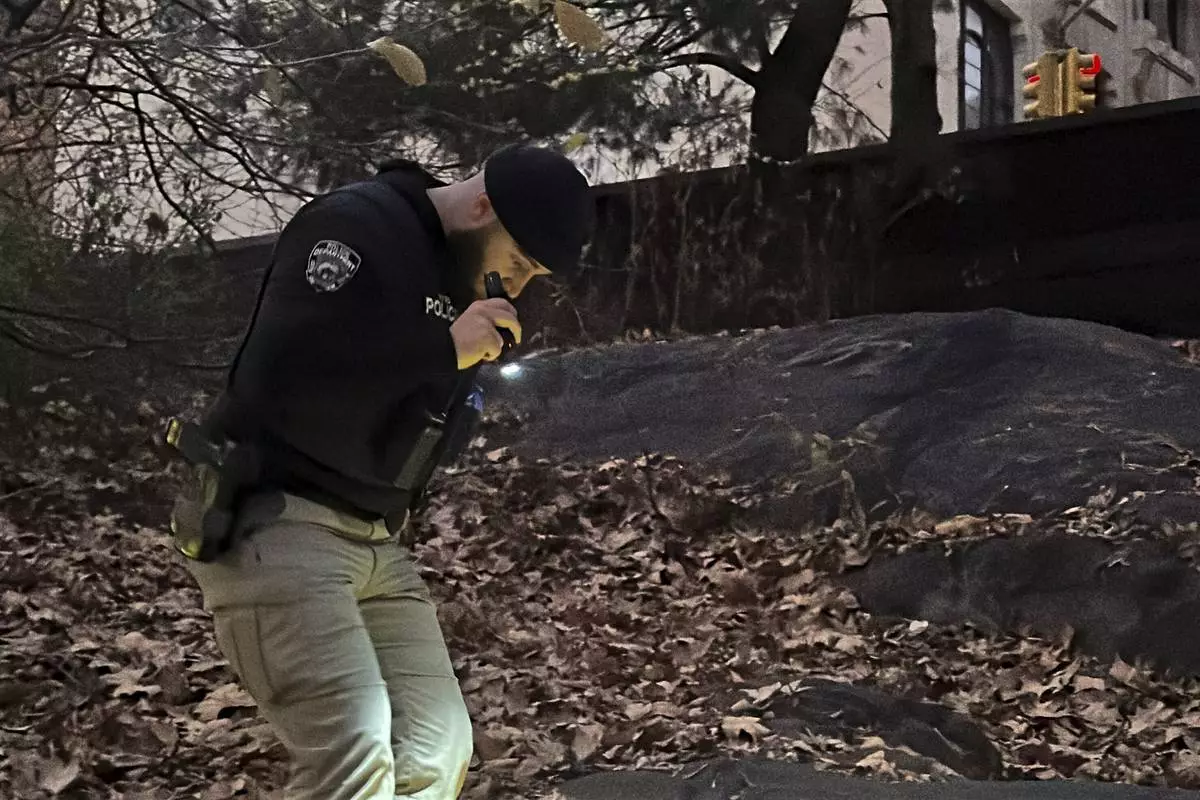
A New York City Police officer walks through brush and foliage in Central Park near 64th Street and Central Park West, Friday, Dec. 6, 2024, in New York, while searching for a backpack police believe was dropped in the park by the person suspected of killing UnitedHealthcare CEO Brian Thompson on Wednesday, Dec. 4, 2024. (AP Photo/Ted Shaffrey)
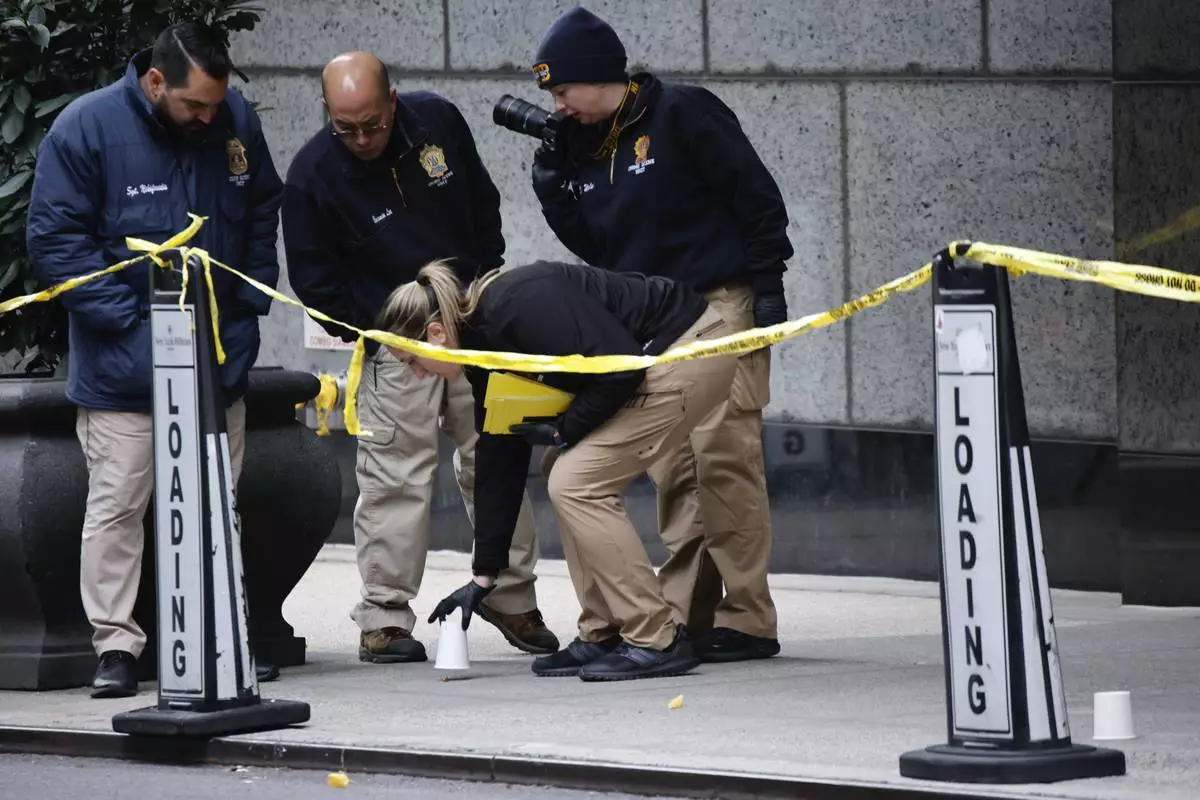
Members of the New York police crime scene unit pick up cups marking the spots where bullets lie as they investigate the scene outside the Hilton Hotel in midtown Manhattan where Brian Thompson, the CEO of UnitedHealthcare, was fatally shot Wednesday, Dec. 4, 2024, in New York. (AP Photo/Stefan Jeremiah)
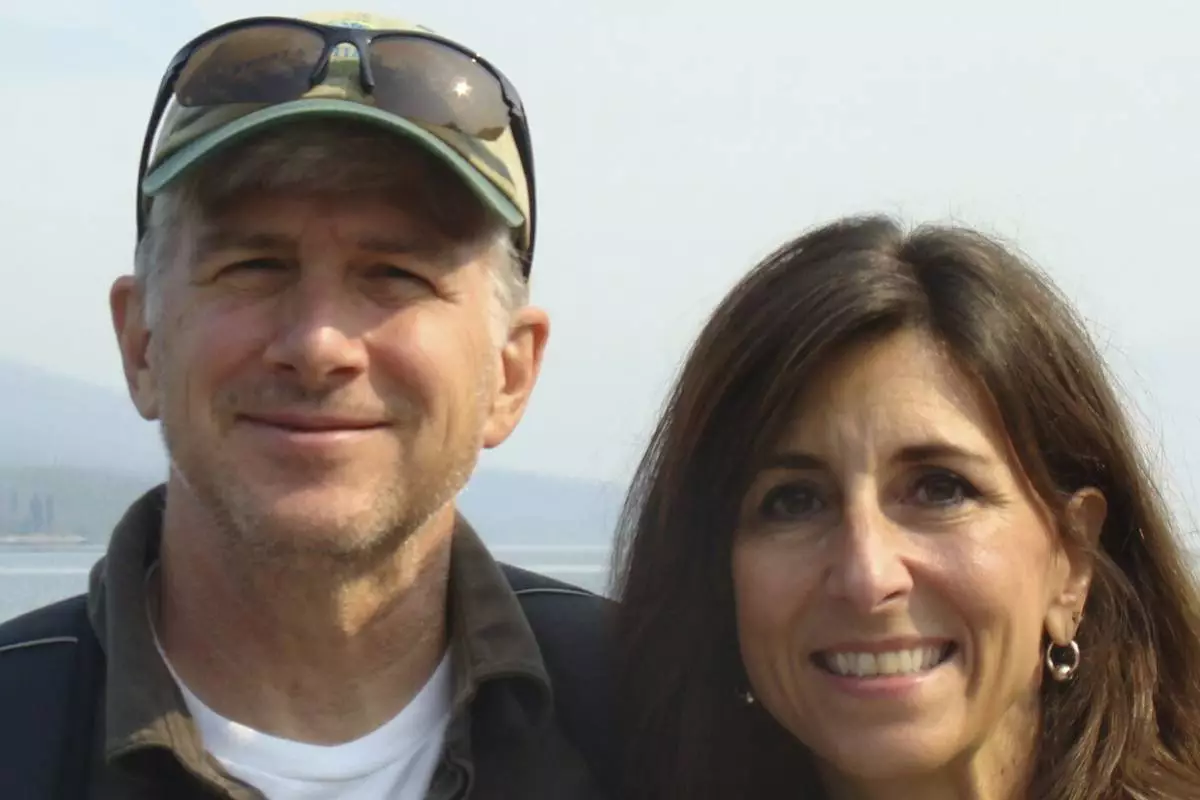
This undated photo shows Tim Anderson and his wife Mary in Glacier National Park in Montana. (Tim Anderson via AP)
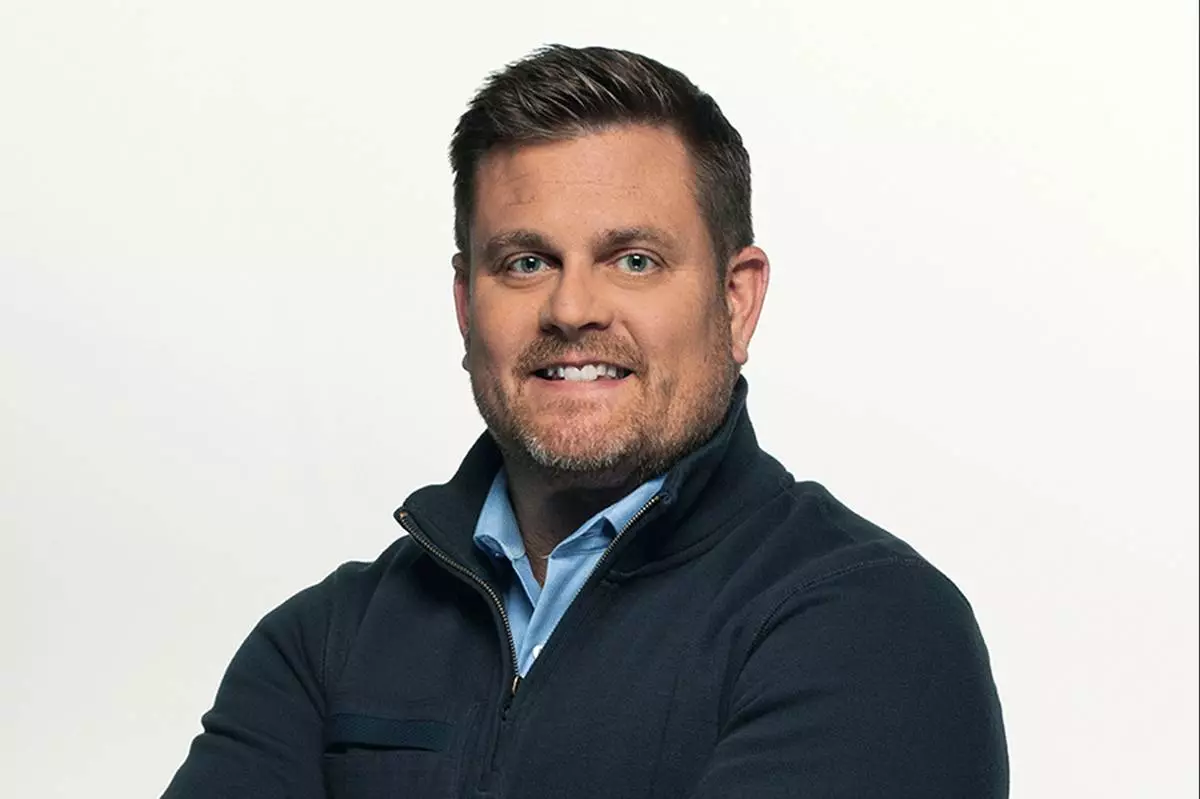
This undated photo provided by UnitedHealth Group shows UnitedHealthcare chief executive officer Brian Thompson. (AP Photo/UnitedHealth Group via AP)
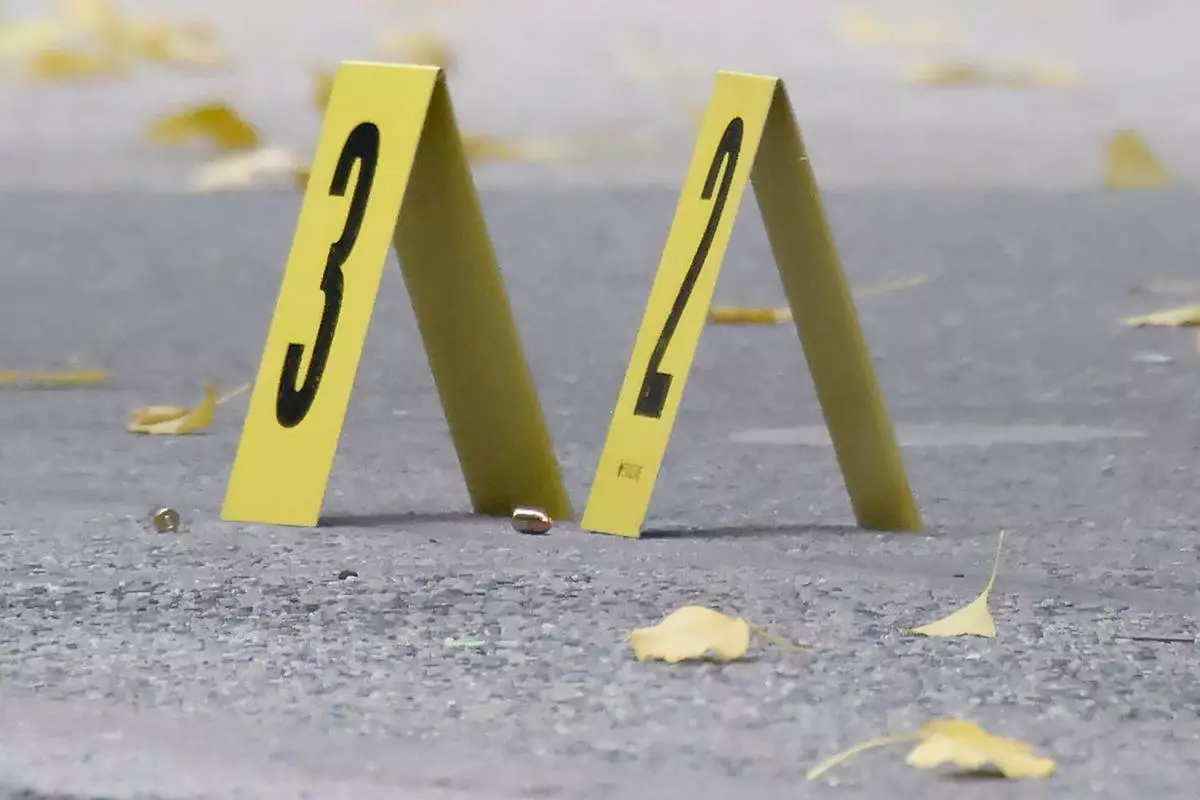
Bullets lie on the sidewalk at the scene outside the Hilton Hotel in midtown Manhattan where Brian Thompson, the CEO of UnitedHealthcare, was fatally shot, Wednesday, Dec. 4, 2024, in New York. (AP Photo/Stefan Jeremiah)

This selfie provided by Hans Maristela shows him on Nov. 24, 2024, in California. (Hans Maristela via AP)
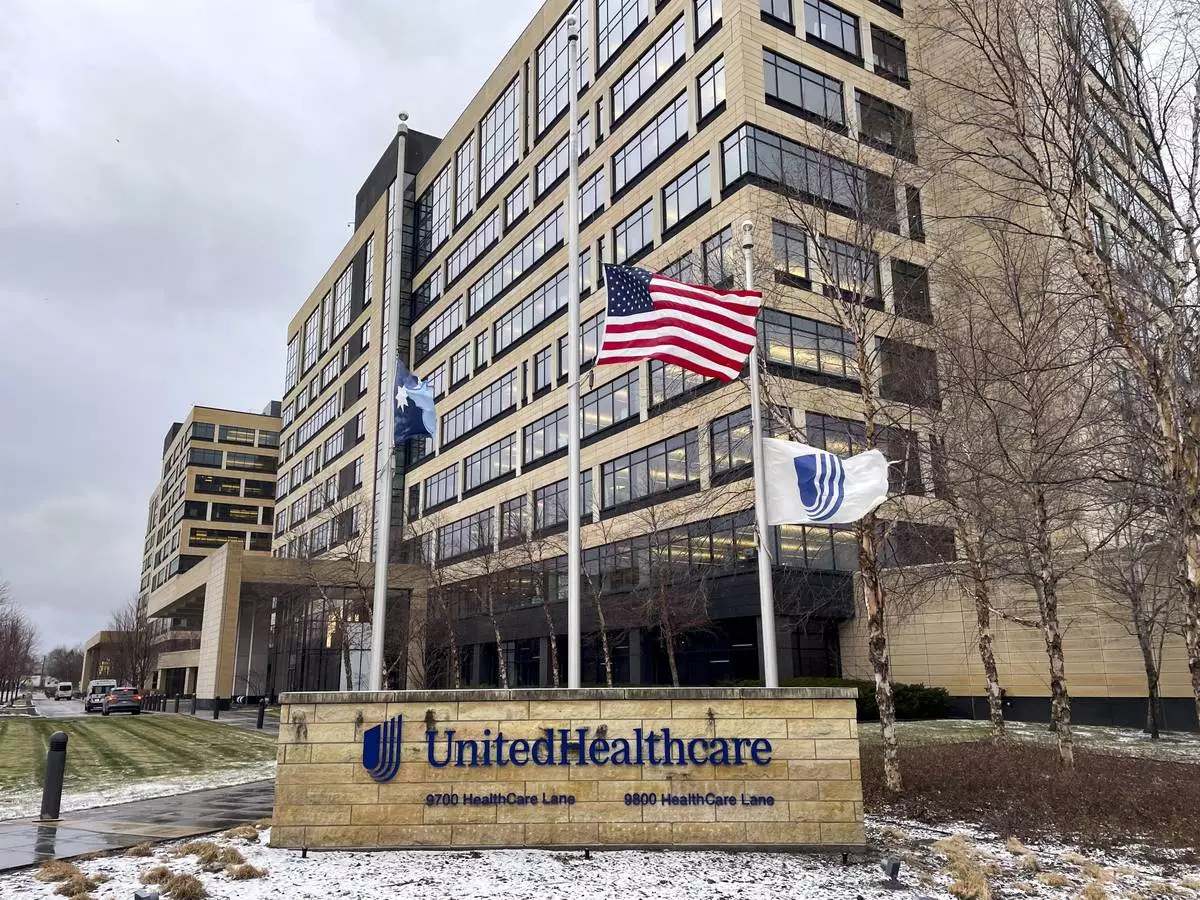
The UnitedHealthcare headquarters in Minnetonka, Minn., lowered its flags to half-staff on Wednesday, Dec. 4, 2024, in honor of CEO Brian Thompson, who was fatally shot outside a hotel in New York. (Kerem Yücel/Minnesota Public Radio via AP)


